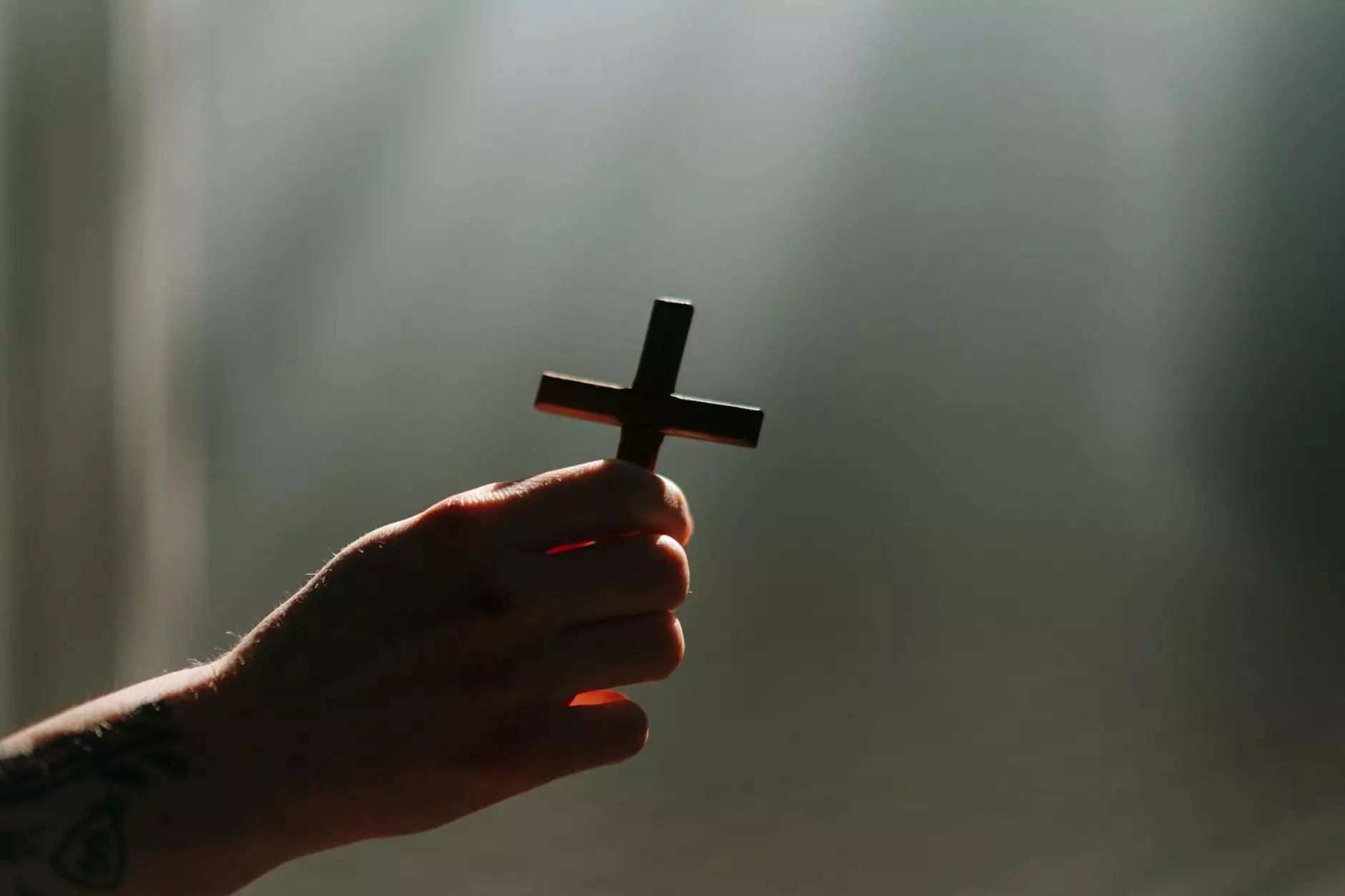The Role of the Black Church in Modern Society

The term *black church* is not just a description of a place of worship; it encapsulates a rich history of faith, resilience, and community. The black church has been a cornerstone of the African American experience, serving as a beacon of hope, a platform for social justice, and a space for community development.
Historical Significance of the Black Church
The origins of the black church can be traced back to the time of slavery in America. Enslaved Africans found solace and strength in spirituals and created a unique form of worship. The church became a place where they could express their hopes and dreams for freedom, and it played a crucial role in the fight for civil rights.
From Slavery to Civil Rights
Throughout American history, the *black church* has been instrumental in advocating for civil rights. Leaders such as Martin Luther King Jr. emerged from the church, using its platform to mobilize followers and spread messages of equality and justice. The church often served as a safe haven for meetings and organizing efforts aimed at dismantling systemic oppression.
Community Engagement and Social Services
Today, the black church continues to be deeply involved in its communities. Churches provide a variety of social services aimed at helping those in need. These services include:
- Food pantries - Addressing food insecurity among community members.
- Job training programs - Helping individuals gain the skills necessary for employment.
- Youth mentorship - Guiding the next generation through educational and social challenges.
- Health initiatives - Offering screenings and health education, often targeting health disparities in African American communities.
The Spiritual Foundation of the Black Church
At its core, the *black church* is a place of worship and spiritual nurturing. The sermons are often infused with elements of music, storytelling, and a deep sense of community. This unique style of worship not only uplifts congregants but also creates an environment where people can express their faith freely.
Worship Through Music and Arts
Music is a vital part of the worship experience in black churches. From gospel choirs to drum circles, music serves as a means of storytelling and emotional expression. The art of preaching is also highly valued, as pastors use oratory skills to connect deeply with their congregations.
Networking and Support Systems
The *black church* provides a critical network of support that extends beyond spiritual matters. Members often band together to assist one another in various aspects of life, from financial help to emotional support during times of crisis.
Fostering Leadership and Civic Engagement
Church leaders often take on roles that extend into broader community issues. They advocate for policies that benefit their congregants and work to educate voters about local and national issues. This involvement encourages civic engagement and empowers individuals to take an active role in shaping policies that affect their lives.
The Black Church as a Cultural Hub
Beyond its role in spiritual and community aspects, the *black church* serves as a cultural hub. It is a place where traditions are preserved, and stories are shared. Events such as family reunions, cultural celebrations, and educational programs often revolve around the church, reinforcing a sense of belonging and historical continuity.
Celebrating African American Heritage
The black church celebrates and honors African American culture through various activities, including:
- Black History Month events - Highlighting significant figures and moments in African American history.
- Workshops and seminars - Educating members on cultural issues and topics pertinent to the community.
- Art exhibitions - Showcasing works by African American artists and artisans.
Challenges Faced by the Black Church Today
Despite its successes and rich history, the *black church* faces numerous challenges in contemporary society. These challenges include the declining membership numbers, the need for modernization, and the competition from non-traditional forms of worship.
Adapting to a Changing Society
As society evolves, so too must the church. Many black churches are embracing technology to reach younger congregants. This includes streaming services online, utilizing social media, and creating engaging content that resonates with a digitally-savvy audience.
The Future of the Black Church
The future of the *black church* is filled with potential. By continuing to adapt while remaining true to their core values, churches can thrive in an ever-changing world. The focus on community service, civil rights advocacy, and spiritual nurturing ensures that the black church remains relevant and vital to future generations.
Building Interconnectedness
In the coming years, the black church can also benefit from building alliances beyond traditional barriers. Collaborating with other organizations, both religious and secular, can enhance community outreach and fortify efforts toward social justice. Such interconnectedness can amplify voices and extend the impact of community services offered.
Conclusion: The Enduring Legacy of the Black Church
In conclusion, the *black church* holds a significant place not only in the hearts of African Americans but also in the broader tapestry of American society. With a rich history of resilience, a deep commitment to community service, and an unwavering spiritual foundation, the black church will continue to be a source of strength and unity in the face of adversity.
As we look to the future, it is essential to recognize the importance of this institution and support its efforts in uplifting communities and advocating for justice and equality. The *black church* is more than a place of worship; it is a pivotal institution that shapes lives, fosters community, and makes a lasting impact on society as a whole.









